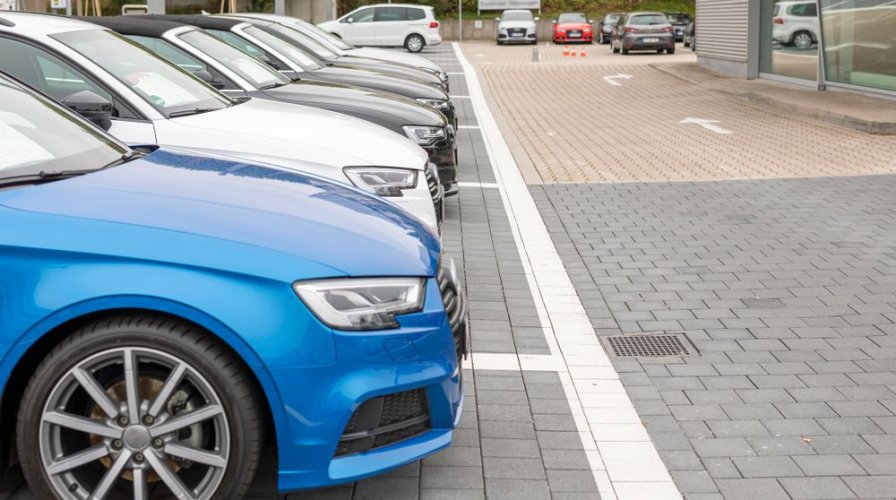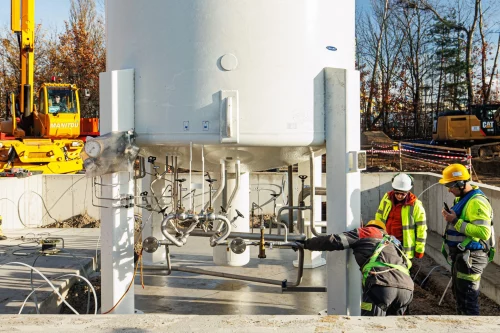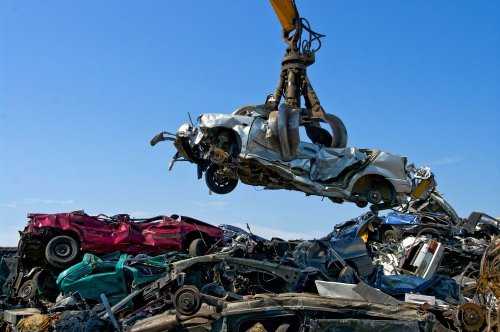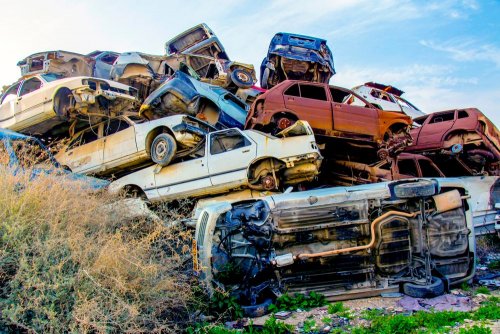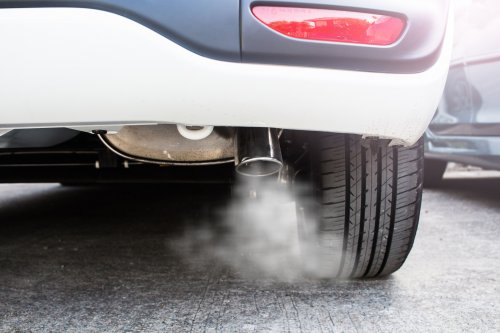In the state of California, USA, a draft law was proposed, which is designed to cancel the mandatory creation of parking zones in the state.
This will contribute to a significant reduction in emissions from cars, save space in cities and encourage people to partially give up driving, which will contribute to the fight against climate change, reports Bloomberg.
The transportation sector is currently responsible for more than 50% of California's carbon emissions. State regulators say that to meet climate goals, electrification of vehicles must be combined with decrease total car mileage by 25%.
The new bill 2097 is designed to ban parking in the entire state. After all, any house, enterprise or other institution is obliged to create a certain number of parking spaces. For example, a single-family house should have two parking spaces, and a bar with an area of 93 m2 should have 10 spaces. As a result, the restaurant will be half the size of the parking lot.
The article noted that such parking policies create powerful incentives for people to drive, even when other modes of transportation are available and convenient.
For example, in Los Angeles County, more than 518 km2 of land is allocated for car parking, which is almost 10 times the area of Manhattan, and there are more than 2 parking spaces per 1 registered car, not including private garages.
"California is now on the verge of implementing a powerful climate policy aimed at this extremely wasteful distribution of urban land," the article said. – The new law can free commercial real estate from the burdensome yoke of parking mandates."
Over the past few years, California has faced an increase in poverty and homelessness. The material explained that the mandatory minimum parking had a significant impact on the availability of housing. After all, the cost of building one parking space ranges from $40,000 to $80,000, which depends on tenants and building owners.
Parking is also a major contributor to air pollution in California. Despite the popularization of electric vehicles, most Californians still drive gas-powered cars and trucks, and the high cost of housing means many residents have to drive farther each day to get to work.
“Across the US, these laws have contributed to a massive national parking surplus: Americans have approximately 2 billion parking spaces for 280 million cars. In the midst of an epic housing shortage and affordability crisis, we have an average of 93 m2 of parking per car, but only 74 m2 of housing per person," the article emphasized.
However, multiple studies and market data show that it is possible to safely eliminate parking and create climate-resilient communities.
The article emphasized that combining parking bans with other local climate policies can dramatically reduce pollution and make cities safer, cleaner and more comfortable.
Earlier, EcoPolitic wrote, that recruitment for the Go Move 2022 competition has started in North America, which is designed to develop partnerships between startups and corporations to accelerate decarbonization of the transport sector.
As EcoPolitic previously reported, in the US, the new Inflation Reduction Act (IRA) will help implement innovative climate solutions.

